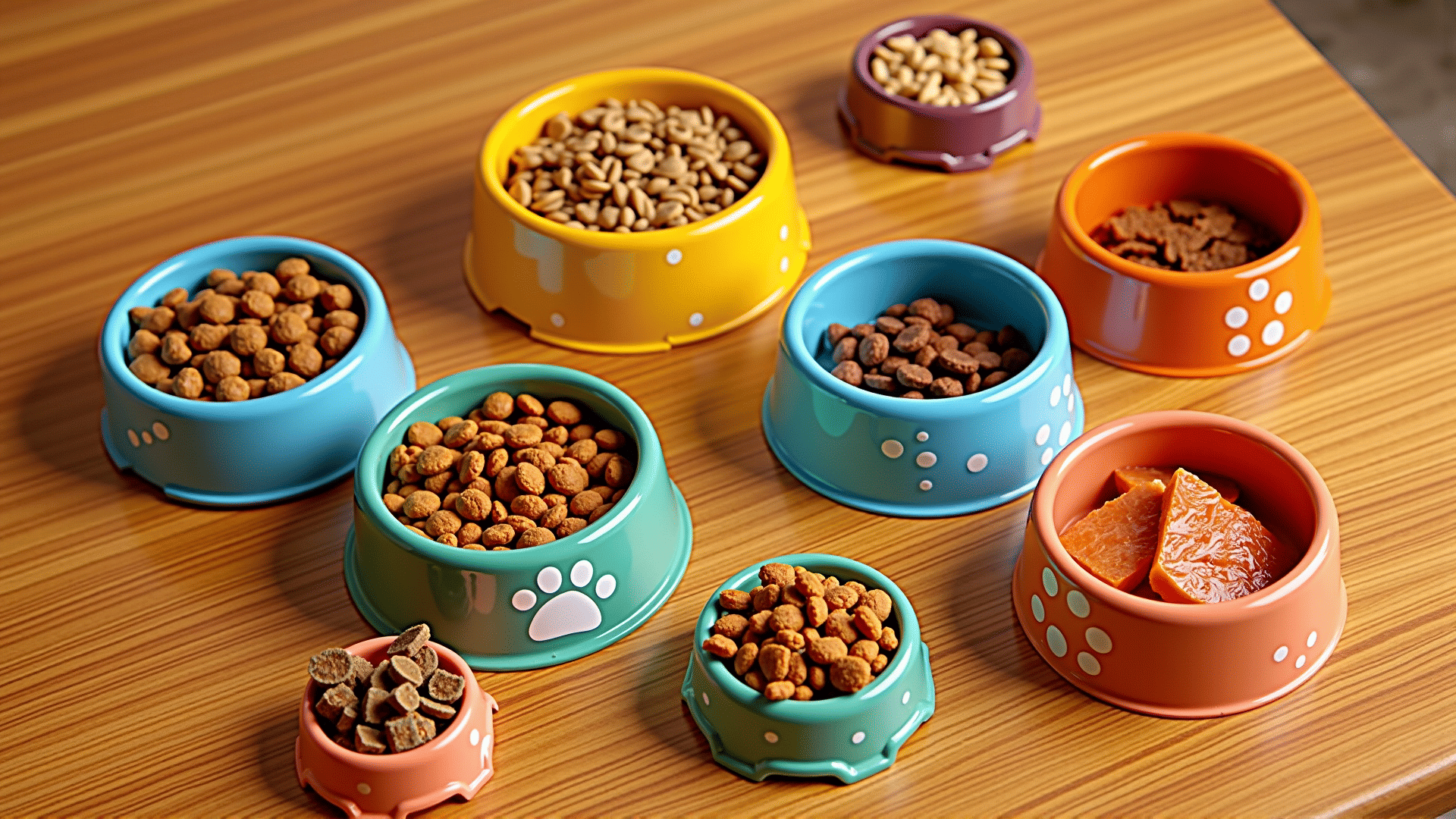Keeping your feline friend healthy and happy is the heartfelt goal of any cat owner. Ensuring your cat leads a long, robust life begins with providing a well-balanced diet. Nutrition plays a crucial role in maintaining their health, vitality, and longevity. Here are some dietary methods and considerations for helping your cat thrive.
1. Understanding Nutritional Needs: Cats are obligate carnivores, meaning their diet requires nutrients primarily found in animal products. Essential nutrients include proteins, fats, vitamins, minerals, and a small amount of carbohydrates. It's important to select foods that have the right balance of these components to support your cat's essential body functions.
2. High-Quality Protein: Protein is critical in a cat's diet, contributing to muscle building, energy, and overall health. Look for foods where the primary ingredient is named meat, such as chicken, turkey, or fish. Avoid products labeled with "meat by-products" or unidentified meat sources, which often indicate lower quality.
3. Sufficient Fat Content: Fats are another key component, providing energy and aiding in nutrient absorption. Omega-3 and Omega-6 fatty acids are essential for maintaining a healthy coat and skin. Quality cat foods will specify the source of fats, like chicken fat or fish oil, rather than generic "animal fat."
4. Avoiding Excess Carbohydrates: While cats do eat grass and small amounts of plant materials, their digestive systems are not designed to process large quantities of carbohydrates. Foods with an excess of grains or fillers can lead to obesity and other health issues. Opt for grain-free options whenever possible, focusing on protein-rich formulas.
5. Wet vs. Dry Food: Water intake is crucial for cats, yet many don't drink enough from bowls alone. Feeding a portion of their diet as wet or canned food ensures they get additional moisture and can help prevent urinary tract issues. However, dry food is beneficial for dental health due to its crunchy texture. A combination of both can provide the best of both worlds.
6. Choosing AAFCO-Approved Foods: Select cat foods that meet the standards of the Association of American Feed Control Officials (AAFCO), ensuring they contain the necessary levels of nutrients. This approval means the food has undergone tests for complete and balanced nutrition suitable for cats at various life stages.
7. Age and Lifestyle-Specific Diets: Consider your cat's age, activity level, and any health issues when choosing their diet. Kittens require more calories and nutrients for growth, adults need maintenance diets, and seniors benefit from formulas that support joint health and weight control. Indoor cats might require fewer calories compared to those who roam outside.
8. Specialized Diets for Health Issues: If your cat has specific health concerns, such as kidney disease, diabetes, or allergies, work with your veterinarian to select the appropriate diet. Specialized veterinary diets can support treatment and improve quality of life.
9. Regular Monitoring and Adjustments: Regularly monitor your cat’s weight and health condition, and be willing to adjust their diet as needed. Sudden changes in weight, coat condition, or appetite might indicate the need for dietary adjustments or veterinary evaluation.
Providing a balanced diet tailored to their individual needs can dramatically impact your cat's health and happiness. By understanding and meeting their nutritional requirements, you ensure they live the vibrant, joyful life they deserve.
